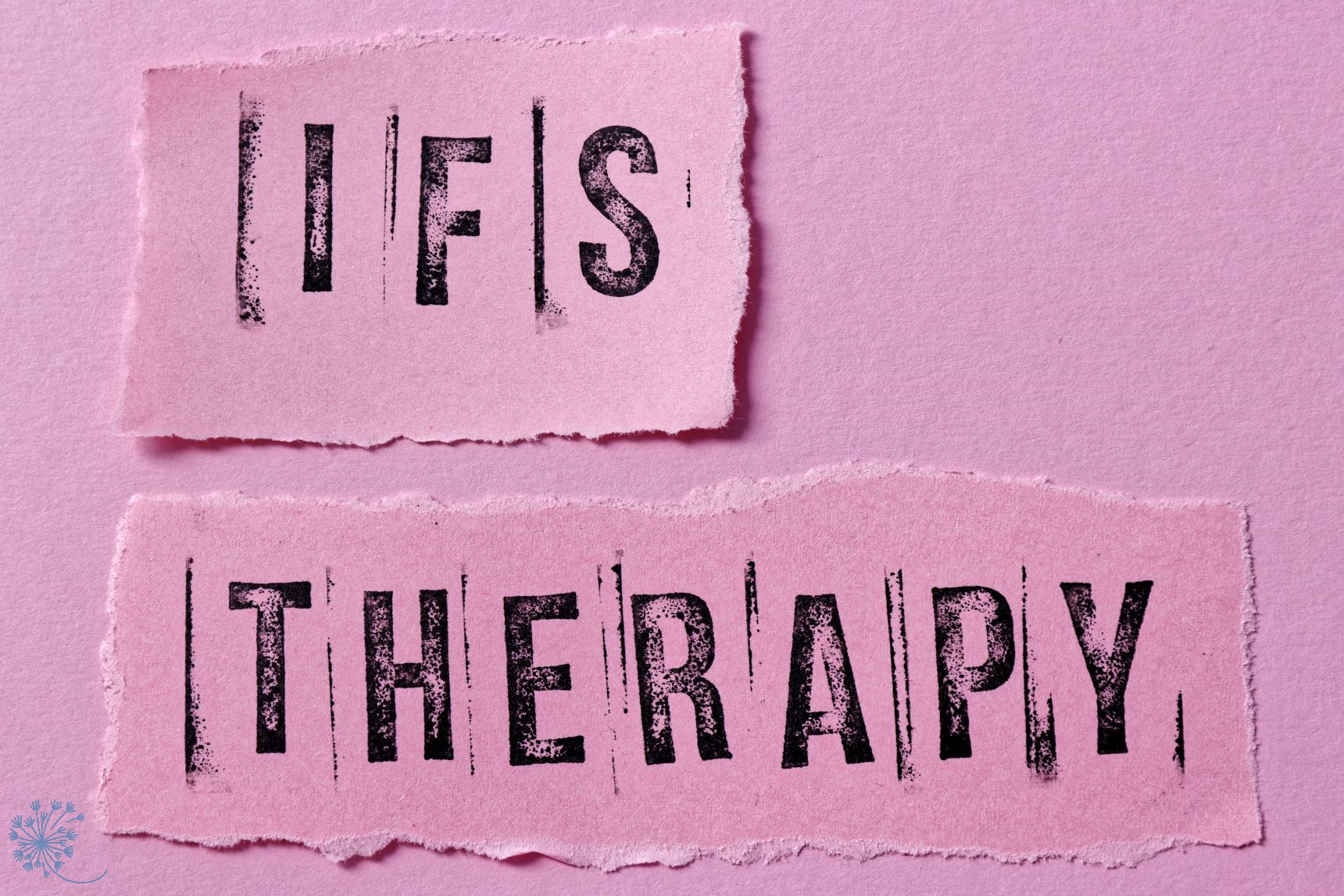Treating PTSD and C-PTSD: A Comprehensive Approach
Welcome to our Atlanta-based psychotherapy practice, where we specialize in treating Post-Traumatic Stress Disorder (PTSD) and Complex Post-Traumatic Stress Disorder (C-PTSD).

Welcome to our Atlanta-based psychotherapy practice, where we specialize in treating Post-Traumatic Stress Disorder (PTSD) and Complex Post-Traumatic Stress Disorder (C-PTSD). Our approach integrates evidence-based therapies such as Internal Family Systems (IFS) and Eye Movement Desensitization and Reprocessing (EMDR) to help clients heal from trauma and attachment injuries. In this article, we will explore the nature of PTSD and C-PTSD, discuss how attachment theory informs our understanding of these conditions, and outline how our therapeutic methods can facilitate healing and recovery.
Understanding PTSD and C-PTSD
What is PTSD?
Post-Traumatic Stress Disorder (PTSD) is a mental health condition triggered by experiencing or witnessing a traumatic event. Common symptoms of PTSD include intrusive memories, nightmares, severe anxiety, and flashbacks. Individuals with PTSD may also experience avoidance behaviors, negative changes in thinking and mood, and hyperarousal symptoms such as irritability and difficulty sleeping.
What is C-PTSD?
Complex Post-Traumatic Stress Disorder (C-PTSD) arises from prolonged or repeated trauma, often occurring in childhood or adolescence. Unlike PTSD, which can result from a single traumatic event, C-PTSD typically involves chronic exposure to trauma, such as abuse, neglect, or domestic violence. In addition to the symptoms of PTSD, individuals with C-PTSD may also experience difficulties with emotional regulation, self-perception, and interpersonal relationships.
The Role of Attachment Theory in Understanding PTSD and C-PTSD
Attachment Theory Overview
Attachment theory, developed by John Bowlby and later expanded by Mary Ainsworth, explores how early relationships with caregivers shape an individual’s emotional and social development. Secure attachment forms when caregivers provide consistent care and emotional support, leading to a healthy sense of self and the ability to form trusting relationships. In contrast, insecure attachment can arise from inconsistent or neglectful caregiving, contributing to emotional and relational difficulties later in life.
Attachment Challenges and Trauma
Individuals with PTSD or C-PTSD often face challenges related to attachment injuries, which are disruptions in the normal development of secure attachment bonds. These injuries can result from experiences of neglect, abuse, or abandonment, leaving individuals with deep-seated feelings of unworthiness, mistrust, and fear of intimacy. Such attachment challenges may manifest as difficulty forming and maintaining relationships, fear of abandonment, and struggles with emotional regulation.
Symptoms of PTSD and C-PTSD
Common Symptoms of PTSD
- Intrusive Thoughts and Memories: Recurrent, unwanted memories of the traumatic event, nightmares, and flashbacks.
- Avoidance: Avoiding reminders of the trauma, including places, people, or activities associated with the event.
- Negative Mood Changes: Persistent negative thoughts about oneself or others, feelings of detachment, and diminished interest in activities.
- Hyperarousal: Increased irritability, difficulty sleeping, heightened startle response, and hypervigilance.
Additional Symptoms of C-PTSD
- Emotional Dysregulation: Difficulty managing emotions, which may manifest as intense anger, sadness, or feelings of numbness.
- Altered Self-Perception: Feelings of shame, guilt, or worthlessness, often accompanied by a distorted self-image.
- Interpersonal Difficulties: Struggles with maintaining relationships, trust issues, and a tendency to isolate oneself.
Therapeutic Approaches for Treating PTSD and C-PTSD
Internal Family Systems (IFS) Therapy
Internal Family Systems (IFS) therapy, developed by Dr. Richard Schwartz, is an evidence-based approach that views the mind as composed of various sub-personalities or “parts.” These parts may include wounded inner children, protective mechanisms, and the core Self—a compassionate, centered internal leader. Trauma and attachment injuries can cause parts to become polarized or extreme, leading to inner conflict and distress.
How IFS Therapy Helps:
- Identifying Parts: Recognizing and understanding the different parts within oneself that hold trauma or are in pain.
- Self-Leadership: Cultivating a compassionate and centered Self to guide the internal system towards healing.
- Healing Trauma: Facilitating communication and harmony among parts, helping them to release the burdens of trauma and attachment injuries.
Eye Movement Desensitization and Reprocessing (EMDR)
EMDR therapy is another evidence-based treatment effective for PTSD and C-PTSD. It involves the use of bilateral stimulation, such as eye movements, to help reprocess traumatic memories and reduce their emotional impact. This method is particularly useful for clients with deep-seated trauma and attachment injuries, enabling them to desensitize and reprocess painful memories.
How EMDR Therapy Helps:
- Memory Reprocessing: EMDR helps clients access and process traumatic memories, reducing their emotional charge.
- Symptom Relief: The therapy alleviates symptoms such as anxiety, intrusive thoughts, and hyperarousal by addressing the root causes of trauma.
- Integration and Healing: By integrating new, positive beliefs and feelings, clients can build a healthier self-concept and improve emotional regulation.
Integrative Approach in Our Atlanta Practice
Our practice in Atlanta adopts a holistic and integrative approach to treating PTSD and C-PTSD, incorporating both IFS and EMDR therapies. We understand that healing from trauma and attachment injuries requires addressing both the psychological and emotional aspects of these conditions. Our goal is to create a safe and supportive environment where clients can explore and heal from their past experiences.
Individual Therapy
In individual therapy, we tailor our treatment plans to meet the unique needs of each client. We combine IFS and EMDR with other therapeutic modalities as needed, such as cognitive-behavioral therapy (CBT) and mindfulness-based techniques. This personalized approach ensures that clients receive comprehensive care that addresses their specific symptoms and challenges.
Couples Therapy
Trauma and attachment injuries can significantly impact intimate relationships. In couples therapy, we work with partners to understand how their attachment styles and past experiences influence their interactions. By using IFS and EMDR, we help couples develop healthier communication patterns, build trust, and deepen their emotional connection.
A Call to Action: Start Your Healing Journey Today
If you or a loved one is struggling with PTSD or C-PTSD, know that healing is possible. Our Atlanta-based psychotherapy practice is here to support you on your journey to recovery. With the right therapeutic approach, you can overcome the challenges of trauma and attachment injuries and move towards a healthier, more fulfilling life.
Take the First Step:
- Schedule a Consultation: Contact us today to schedule a consultation and learn how our therapeutic services can help you.
- Explore Our Services: Visit our website to explore our range of therapeutic services and find the right fit for your needs.
- Commit to Your Well-being: Healing is a journey that requires commitment and courage. We’re here to support you every step of the way.
Don’t let PTSD or C-PTSD control your life. Reach out to us at our Atlanta practice and take the first step towards healing and transformation. Contact us by calling the number on our site or using the Schedule an Appointment button on this page. Your path to recovery starts here.
Therapy Method Information
Below is more information on some of the types of therapy available for this condition.
At Sea Change Psychotherapy of Atlanta, we offer Eye Movement Desensitization and Reprocessing (EMDR) therapy to help you overcome trauma and regain control.
Unlocking Healing with Internal Family Systems Therapy: A comprehensive guide to IFS and the categories of Exiles, Managers, and Firefighters











